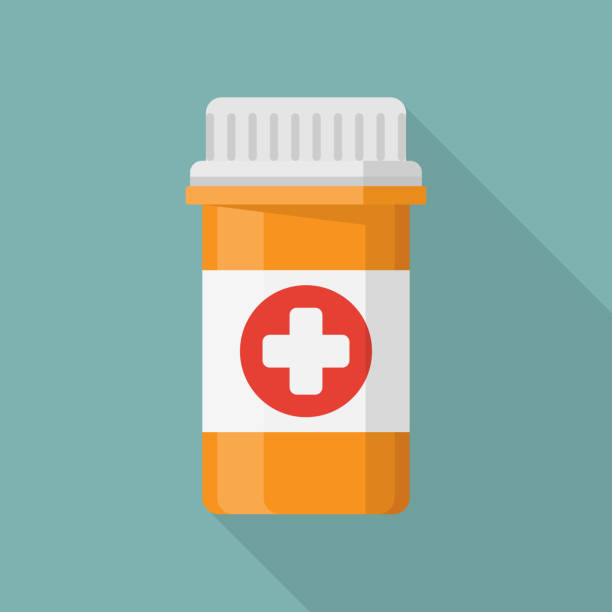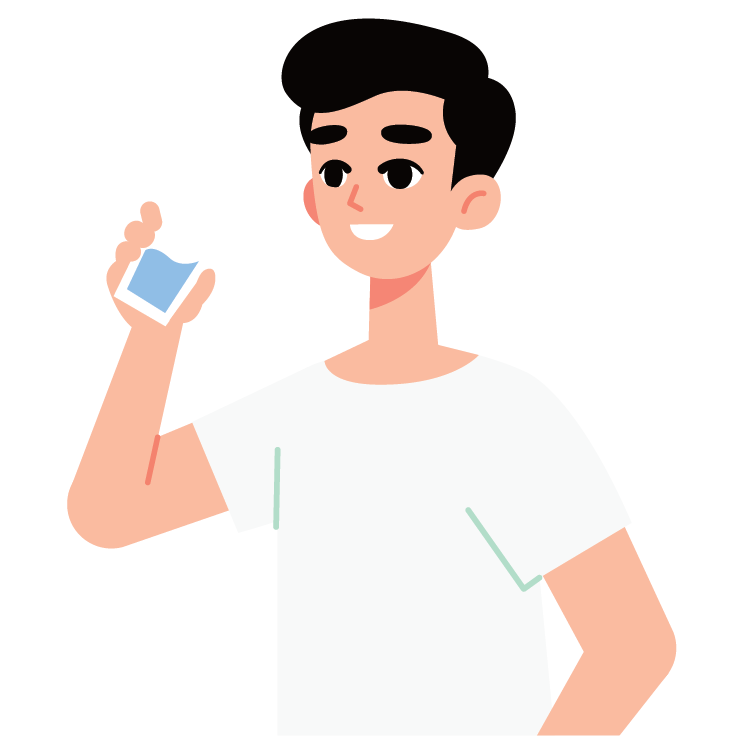Medication-induced esophagitis – Tips and insights


Many of us take medication to address health issues on a frequent basis. However, do you know that improper medication habits can lead to a condition called medication-induced esophagitis? Today, we’ll explore the causes, symptoms, and prevention of this often-overlooked issue.
What is drug-induced esophagitis?
Medication-induced esophagitis occurs when a pill becomes lodged in the esophagus due to insufficient water intake during swallowing or lying down immediately after taking medication. When the pill dissolves in the esophagus, it can cause ulcers, inflammation, and tissue damage. Common symptoms include pain behind the breastbone, difficulty swallowing, or the sensation of something stuck in the throat.

Which medications are likely to cause esophagitis?
Certain oral medications are more prone to causing esophagitis. These include:
🔸 Antibiotics: Common culprits include tetracyclines, clindamycin, and amoxicillin, making them one of the leading causes of medication-induced esophagitis.
🔸 Nonsteroidal Anti-Inflammatory Drugs (NSAIDs): Medications like aspirin and diclofenac can irritate and damage the esophageal lining.
🔸 Capsule Medications: Capsules can easily stick to the esophagus if not swallowed with enough water, increasing the risk of esophagitis. To prevent this, always drink plenty of water when taking capsules or tablets to ensure they pass smoothly into the stomach.
How is medication-induced esophagitis treated?
Treatment for medication-induced esophagitis focuses on relieving symptoms and promoting healing of the esophagus. Common approaches include:
🔹 Temporarily Discontinuing the Medication
Your doctor may advise stopping the medication responsible for esophageal irritation.
🔹 Medication Therapy
Proton pump inhibitors (PPIs) or H2 blockers may be prescribed to reduce stomach acid and facilitate healing.
🔹 Dietary Adjustments
A soft, bland diet and staying hydrated can help minimize irritation while the esophagus heals.
🔹 Follow-Up Monitoring
For chronic or severe cases, endoscopy may be recommended to assess the extent of damage.
Four essential tips to prevent medication-induced esophagitis
Medication-induced esophagitis is often overlooked but can have a significant impact on your health. By adopting proper medication practices and preventive habits, you can protect yourself from this uncomfortable condition. We hope that you find these tips informative, ultimately helping you incorporate them into your daily routine to safeguard your health.

✔️ Drink Plenty of Water
Take medications with at least 100ml of water to help the pill quickly reach your stomach and reduce the risk of esophageal irritation.

✔️ Maintain an Upright Posture
Stay upright when taking medication and avoid lying down for at least 30 minutes afterward. Gravity helps ensure the medication passes into the stomach.

✔️ Consider Alternatives
If you have existing esophageal issues or difficulty swallowing pills, consult your healthcare provider about liquid formulations or crushed medications to reduce irritation risks.

✔️ Avoid Taking Medications Right Before Bed
Take medications at least 30 minutes before lying down. Drink some water and move around to ensure the pill safely passes into your stomach.
Featured Product:
Umi No Shizuku Fucoidan Drink Type
For individuals who struggle with swallowing capsules or pills, Umi No Shizuku Fucoidan Drink Type is an excellent alternative. Enriched with fucoidan, the agaricus mushroom, and vitamins, this product provides the benefits of 10 capsules in a single 50ml bottle. It is easy to drink, delicious in flavor, and highly absorbable, making it a convenient solution to support your immune system and maintain overall health.

